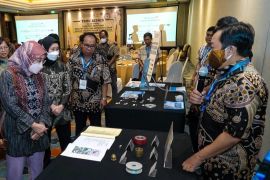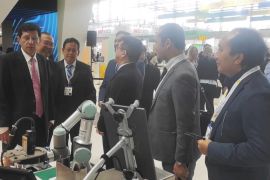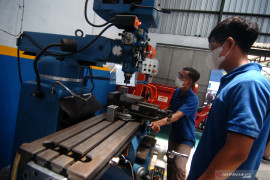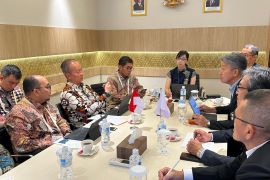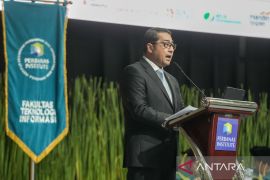Minister Agus Gumiwang Kartasasmita noted in a written statement here on Tuesday that domestic-made metal-based kitchen appliances, such as cooking stoves, kitchen utensils, and kitchen sinks, should obtain greater market acceptance.
To achieve the goal, the ministry is setting up a product quality standard through the mandatory Indonesian National Standard (SNI) implementation in the national gas stove industry.
Indonesia currently has 31 gas stove-producing companies capable of producing up to 33.7 million products annually, he remarked.
Kartasasmita explained that the industry is divided into two, with the first being the home gas stove industry, in which mandatory SNI standards have been in place since 2013 and 2015.
"(The second is) the commercial gas stove industry, for which mandatory SNI standard implementation is currently being drafted through a ministry regulation and is awaiting synchronization from the Law and Human Rights Ministry," he remarked.
The mandatory SNI implementation for kitchen and food utensils is also under deliberation, and it is expected to be implemented this year.
Related news: W Java is first province to launch gas-to-electic stove conversion
The minister noted that the average domestic component level (TKDN) will be set at 40 to 85 percent.
"I hope the policies to encourage the domestic industry will maintain our domestic business and investment climate to ensure the growth of our domestic industry," Kartasasmita remarked.
He said that development of the metal-based kitchen appliances industry is also being sought after to encourage growth of the national metal industry.
This year, the national metal consumption is expected to reach 18.3 tons, growing by 5.2 percent, with the post-COVID-19 pandemic economic growth trend, the minister noted.
Meanwhile, growth of the national basic metal and non-machine metal industries in 2023 was recorded at 14.17 and 23.63 percent year-on-year, respectively, he added.
"We should maintain this trend to ensure our industry climate is more conducive to attracting investments and creating import substitutions. By correct policies, the Industry Ministry aims to increase competitiveness and revenue growth from the national metal industry," Kartasasmita remarked.
Related news: Industry Ministry to map utilization of rare earth metals
Related news: Boosting human resource capability in metal processing industry
Translator: Ahmad Muzdaffar F, Nabil Ihsan
Editor: Yuni Arisandy Sinaga
Copyright © ANTARA 2024

